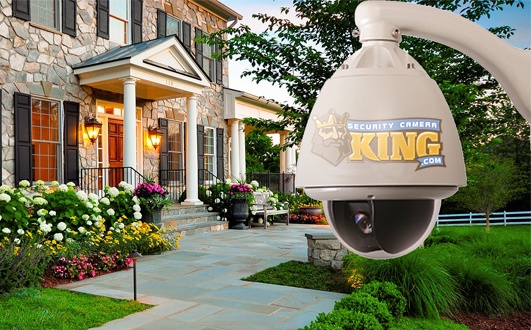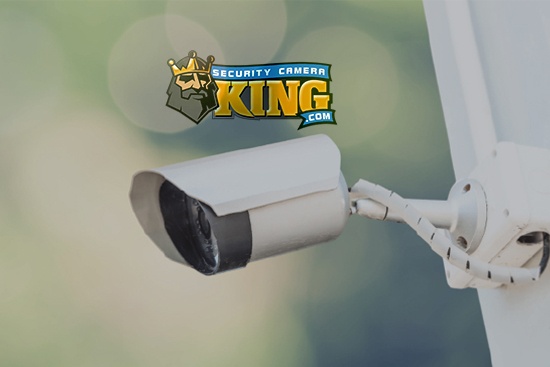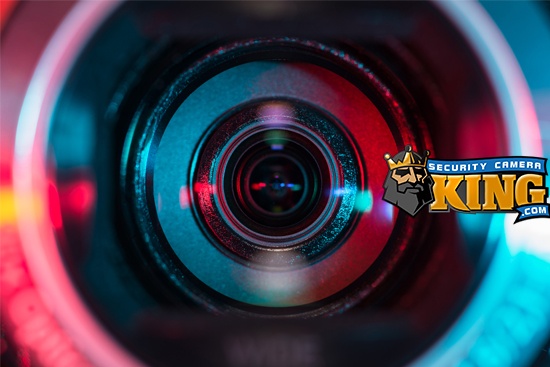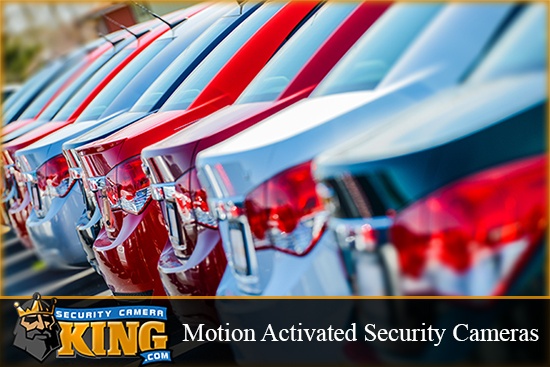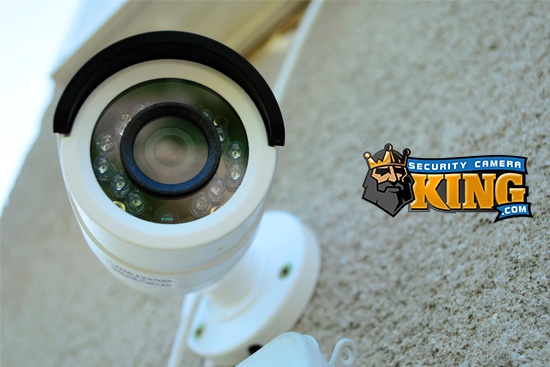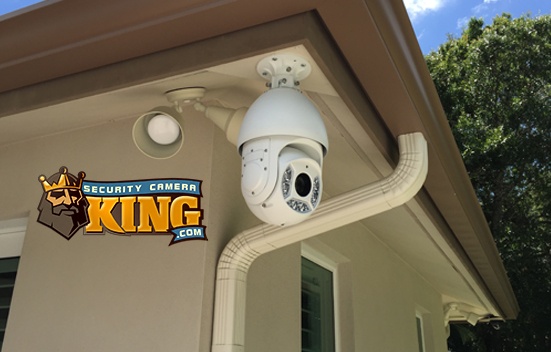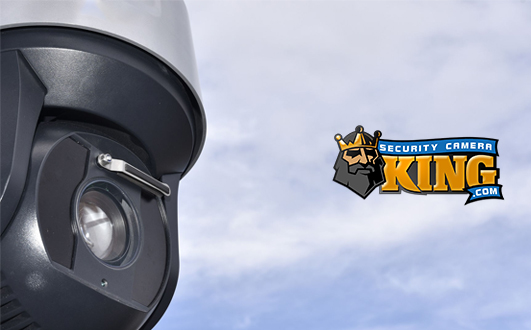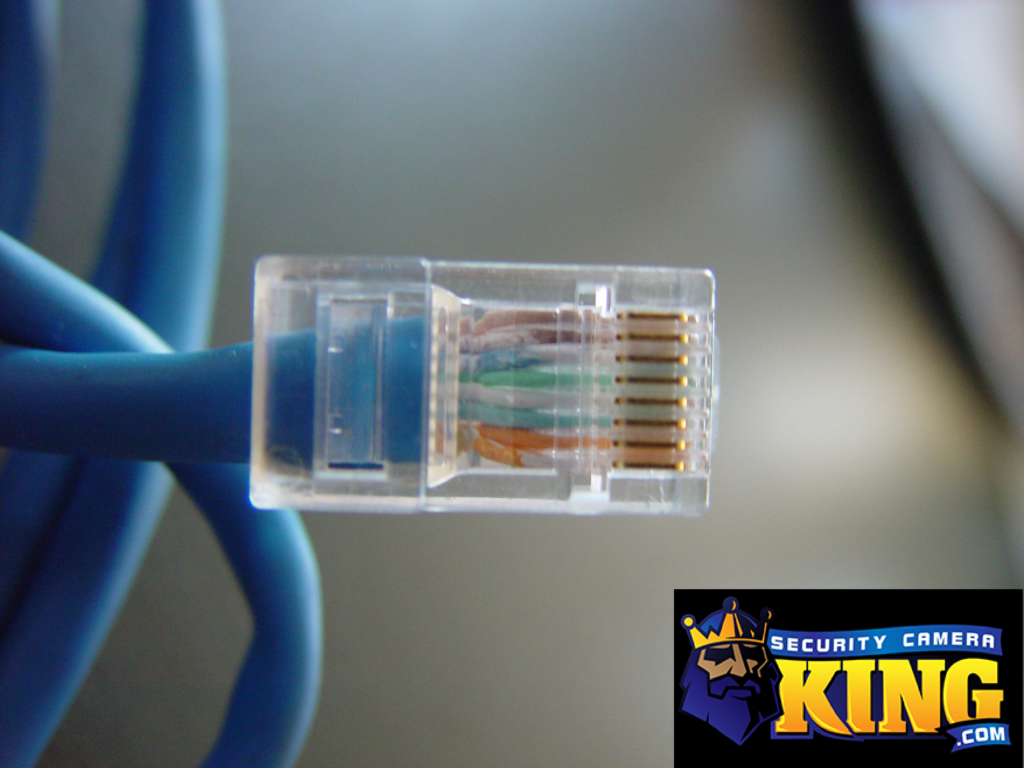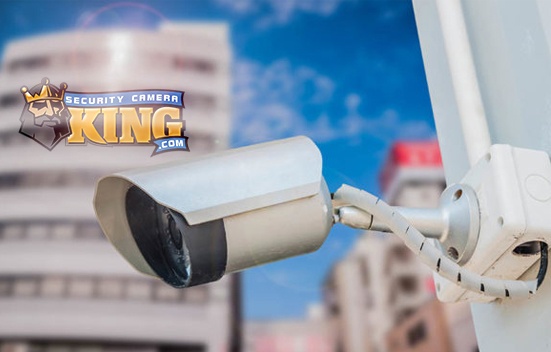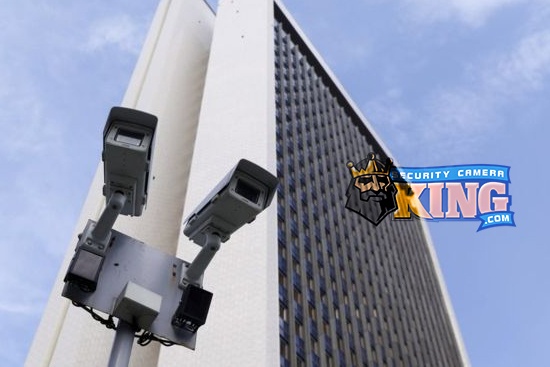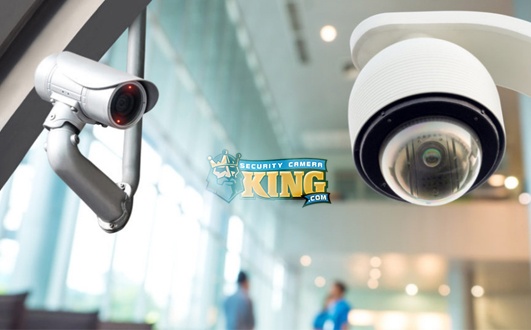 It’s been said that someday almost every electronic appliance will be tied to the Internet; so enters the IP camera and DVR. Don’t take this the wrong way, this is definitely a good thing for the digital video security and surveillance system industry. Providing digital video systems with a mechanism to connect to the Internet places the power of versatility and omnipresence in the user’s hand. But what exactly does IP mean and how do these devices work? We’ll try to answer these questions in the following article.
It’s been said that someday almost every electronic appliance will be tied to the Internet; so enters the IP camera and DVR. Don’t take this the wrong way, this is definitely a good thing for the digital video security and surveillance system industry. Providing digital video systems with a mechanism to connect to the Internet places the power of versatility and omnipresence in the user’s hand. But what exactly does IP mean and how do these devices work? We’ll try to answer these questions in the following article.
Let’s begin by distinguishing between the components of a digital video security camera system. First, the system must have at least one camera and if it is DVR dependent, a maximum of sixteen cameras per DVR. Speaking of which, a DVR or Digital Video Recorder, is the device that contains the hard disk drive to store the digital video files created from the data provided by the cameras. This unit contains a Digital Signal Processor or DSP the compiles the cameras’ video data and created a digital video file from it that can be stored on the DVRs hard disk drive for later use or displayed on the system’s monitor in real-time (live).
In a non-IP system, the digital video camera transmits its video data over a video transmission cable that must be run from each camera to the DVR, or wirelessly by using a built-in transmitter to send the signals via radio waves to a corresponding receiver or a DVR with a built in receiver.
However, an IP camera and DVR work a little differently. First we should define what we mean by “IP.” An IP camera and DVR are digital video component devices that are “Internet Protocol” or IP ready. This means that these devices contain the either the hardwiring or software necessary to make them compatible with and to be connected to, the Internet.
Furthermore, we should also distinguish the difference between an IP camera and DVR. An IP camera can run entirely separately, that is without the need for a DVR or it may also connect to a DVR if that is desired. In addition, an IP DVR is able to connect to the Internet, and the entire digital video security system can be run via its connection.
An IP camera has built in web server technology so that it can connect directly to the Internet. It usually does this in one of three ways either using a Cat 5 Ethernet type cable or wirelessly to a broadband wireless modem or router. Once the IP camera has established its connection to the Internet it can use the Internet as the vehicle for networking. This has one tremendously powerful implication; you can monitor and operate your IP camera from anywhere in the world there is broadband Internet access.
The IP camera can be used as just a simple monitor without recording video. The IP camera can be monitored on any computer or smartphone connected to a broadband Internet connection. Its video images can also be saved on an Internet-connected computer. Further, an IP camera can also send its video images via the Internet to a remotely located DVR that is connected to the Internet.
An IP DVR system is slightly different. In this system the DVR contains the circuitry or software to connect to the Internet. The cameras in this system normally connect directly to the DVR using conventional digital video security system methods. Once the Internet connection is established, any of the cameras connected to the DVR may be monitored or controlled via the Internet connection. Once again, the system can be controlled (including the individual cameras) anywhere in the world there is broad band Internet access.
Speaking of control, an IP camera and DVR can be controlled remotely by computer by just using a common Internet browser such as Internet Explore, Safari, etc. Smartphone devices use mini-software programs called “applications” or simply “apps.” The apps programs are downloaded to the device and installed on the device. Once installed, the device is ready to control/monitor the IP camera and DVR.
Security Camera King offers a variety of different IP cameras and DVRs. Check out our “Network IP Security Cameras” section located under the “Security Camera” bar on the left hand side of our web page. Also, each of Security Camera Kings feature DVR systems, the Elite Mini, Elite, and Ultimate are ready to be connected to the Internet “out of the box.”


